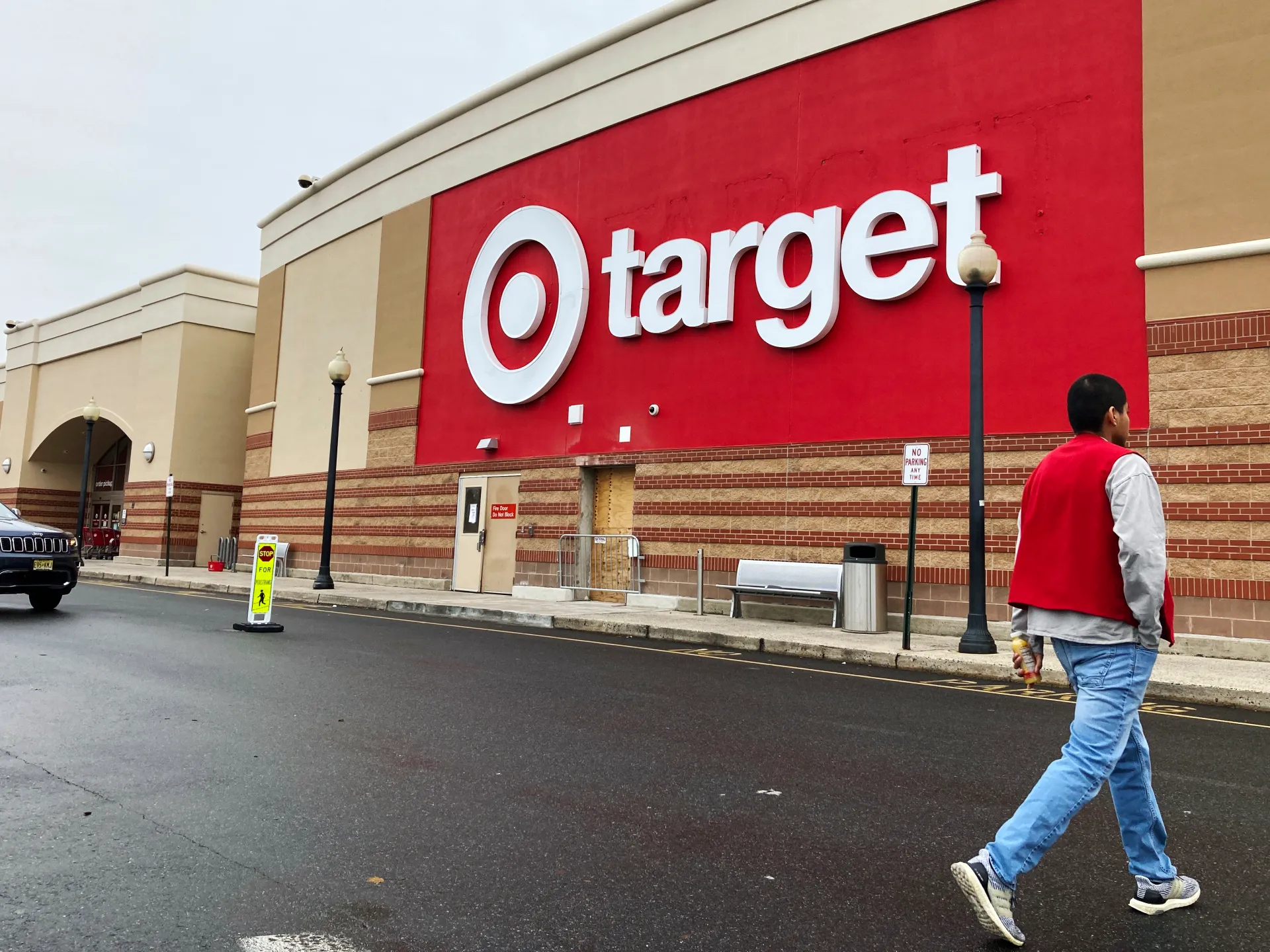Target Corporation finds itself in turbulent waters in 2025, as the retail giant has dramatically revised its annual sales outlook downward amid mounting pressures from multiple fronts. The Minneapolis-based retailer now expects a low-single-digit decline in sales for the year, a stark reversal from its earlier projection of a 1% increase made just months ago. This significant adjustment comes as Target grapples with what CEO Brian Cornell describes as a “highly challenging environment” characterized by tariff-induced cost pressures, weakened consumer confidence, and substantial backlash from its controversial decision to scale back diversity, equity, and inclusion initiatives.
The company’s first-quarter performance painted a sobering picture, with comparable sales dropping 3.8% compared to the same period last year, falling well short of analysts’ expectations for a more modest 1.08% decline. This downturn reflects both decreased customer traffic and reduced spending per visit, signaling deeper consumer sentiment issues beyond typical economic headwinds. The financial impact has been immediate and severe, with Target’s stock dropping approximately 6% following the disappointing earnings report.
Perhaps most notably, Target has become the first major retailer to explicitly acknowledge that consumer backlash over its DEI rollback has materially impacted its business performance. In January 2025, the company ended several high-profile diversity initiatives, including its REACH strategy and participation in the Human Rights Campaign’s Corporate Equality Index. This decision triggered a 40-day consumer boycott organized by civil rights groups, with prominent figures like Atlanta pastor Rev. Jamal Bryant calling for nationwide purchasing boycotts that have persisted into the spring.
Financial Impact of DEI Controversy
The financial consequences of Target’s DEI rollback have been substantial and measurable. Within weeks of the announcement, the company lost $12.4 billion in market value as its stock dropped by over $27 per share. Store traffic declined 5.7% year-over-year, marking the eighth consecutive week of decline by mid-March. The Twin Cities Pride Festival severed its partnership with Target, canceling $50,000 in corporate funding, while protesters gathered outside the company’s Minneapolis headquarters.
The backlash extended beyond consumer sentiment to legal challenges, with the City of Riviera Beach Police Pension Fund filing a class action lawsuit alleging that Target misled investors by failing to disclose potential risks associated with scaling back DEI programs. Internal sources reported increased turnover among employee resource group leaders and DEI staff, suggesting the controversy has affected workplace morale and retention.
Tariff Pressures and Supply Chain Challenges

Compounding the DEI-related difficulties, Target faces significant headwinds from tariff policies that disproportionately affect its business model. The retailer sources 30% of its store-brand products from China, making it more vulnerable to trade tensions than competitors like Walmart. While Target plans to reduce this dependency to below 25% by year-end, the transition period has created substantial cost pressures and operational uncertainty.
CEO Brian Cornell acknowledged that while some tariff-related expenses might be mitigated, price increases remain a possibility, though he emphasized this would be “the very last resort.” The company has established a new office led by Chief Operating Officer Michael Fiddelke to focus on faster decision-making and accelerate sales growth, while Chief Strategy and Growth Officer Christina Hennington announced her departure.
Broader Market Implications
Target’s struggles reflect broader challenges facing retailers in 2025, as consumer confidence hits 13-year lows and discretionary spending continues to decline. The company’s experience serves as a cautionary tale for corporations on the complex intersection of political pressures, social responsibility, and business performance in an increasingly polarized environment.

